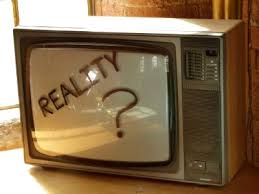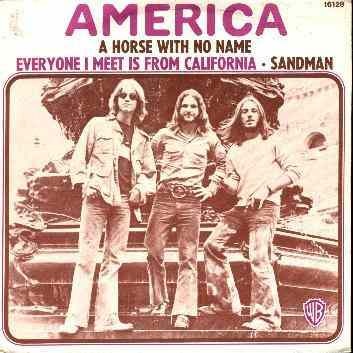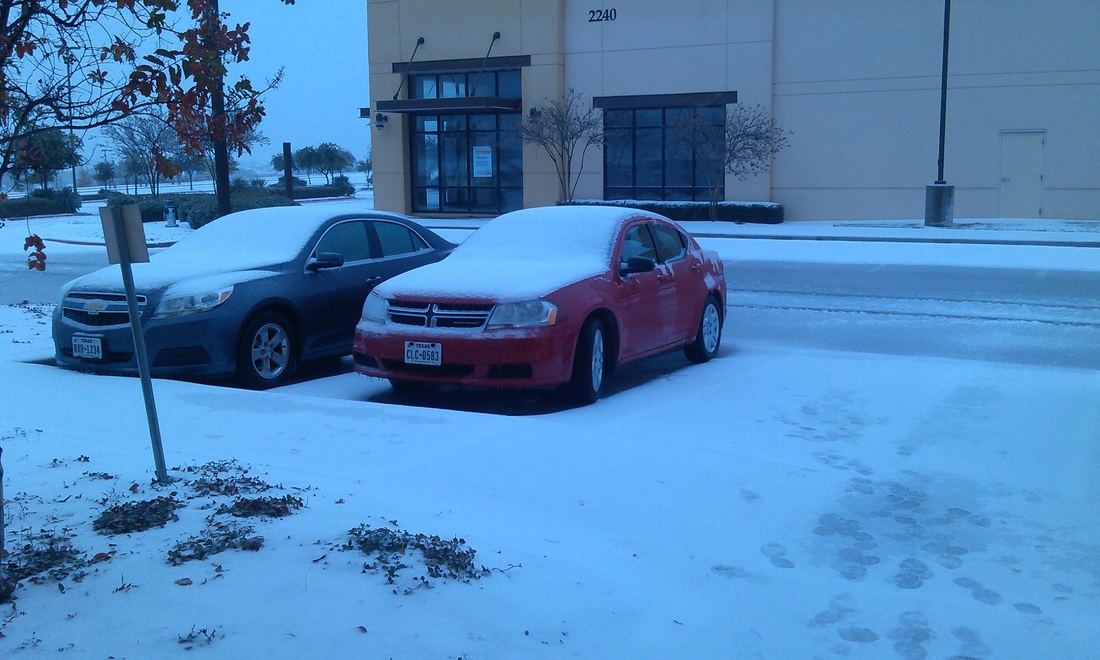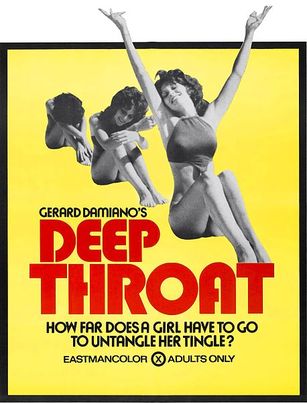
It was not always this way. When we dropped out of the trees and started on our way to this era where everybody gets at least three thousand cable channels, opportunities for apathy were scarce. Our place on the food chain was not yet fixed—there were plenty of large, toothy animals who regarded us as snack food. You couldn’t be indifferent about them, because that might result in you getting chewed to death, which has to be one of the most uncomfortable ways to kick the oxygen habit.
Hunting and gathering required a lot of attention to detail. Whether you were hunting mammoth or squirrel, you were using spears and arrows you had to make yourself, from local plants and rocks. Even if you were just picking berries, you had to make sure they weren’t the poisonous kind, and you had to pick enough for the whole clan, otherwise you weren’t getting any squirrel. You didn’t have time for daydreaming. You couldn’t think to yourself, “Someday, all the nuts and berries of the wild will be used to create a whole bullshit industry, and they will call it homeopathic medicine.” You were too busy.
One of the first things civilization gave us was the chance to not give a crap about stuff. The first thing most civilized people chose not to give a shit for were other people. It’s not likely the Pharaohs gave much thought to how many slaves fell off their pyramids before they were topped off. The Romans mixed Christians, gladiators and lions together for entertainment purposes. There was not much regard for the feelings of those getting sliced or digested.
Then the Roman Empire dropped like a mixed-martial arts fighter getting kicked in the face, and the Dark Ages began, at least in Western Europe. Art, literature and science continued to flourish elsewhere, while the ancestors of most white Americans lived through several centuries of illiteracy, feudal rule and Black Death. If you have white supremacist friends, never remind them of this, because they don’t want to hear about it.
The Middle Ages were not a fertile time for apathy to flourish. People were mostly starving, which focuses the mind. They wanted to be priests and nuns, so they could eat. Career choices like those require enthusiasm. Occasionally they would celebrate a good harvest by burning a witch or a heretic, but these practices also aroused strong emotions, both in the burners and the burnees.
Someone named Gutenberg eventually got around to inventing the printing press, though, and the media was born. Not right away, because first they printed a bunch of Bibles for people to argue about and start religious massacres over, and Jesus and massacres always prompt powerful feelings. One day, however, someone decided to start printing the news. Others printed poetry. This remarkable turn in human history was the beginning of true apathy, because now you were made aware of stuff you couldn’t care less about. “Who gyveth a crap about the Hygh Prynce of Upper Scungya?” you could say, and toss the newspaper aside. Or you could think to yourself “Thys poem stynketh lyke horse stool,”, as you put some bard’s scribblings down with disgust, never to think of them again. The invention of the letter “I” only accelerated this trend.
But even the most prescient of these early apathists could not have foreseen the explosion of crap that we could remain completely indifferent to in the current age.
We’ll cover that in Part II.



































 RSS Feed
RSS Feed











